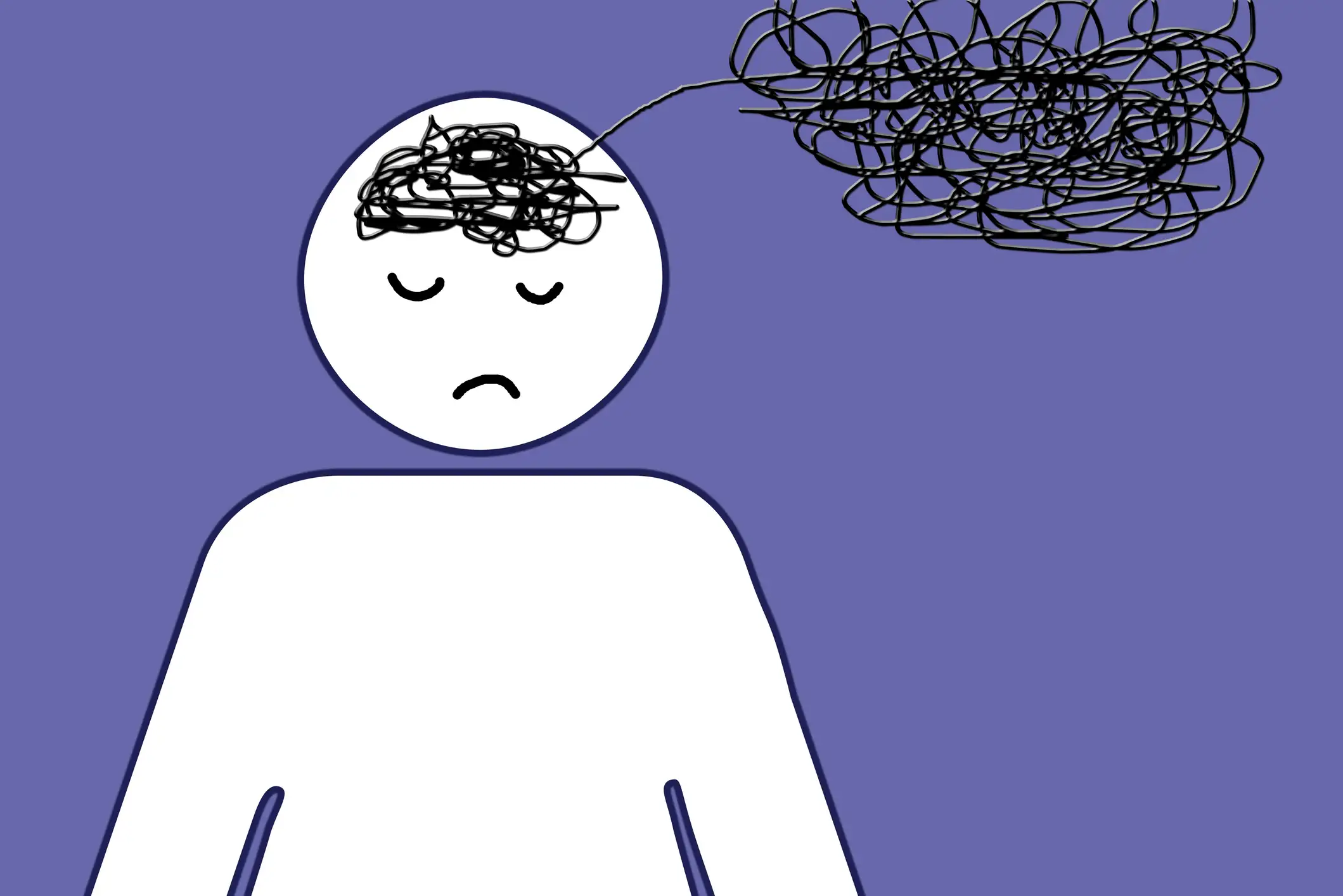Psychedelics, once considered as dangerous and illegal drugs, have emerged as a promising alternative treatment for depression. Recent studies have shown that certain types of psychedelic drugs, such as psilocybin and ketamine, have the potential to alleviate symptoms of depression and improve the overall well-being of individuals suffering from this debilitating condition. In this blog post, we will discuss some of the interesting new studies that have explored the use of psychedelics for treating depression.
Psilocybin and depression:
Psilocybin, a compound found in certain types of mushrooms, has been used for centuries for its psychedelic effects. However, recent studies have shown that psilocybin may also have therapeutic effects for depression. One of the most notable studies in this area was conducted by researchers at Imperial College London, who found that psilocybin was effective in reducing symptoms of depression in patients who did not respond to conventional treatments. The study found that psilocybin increased connectivity between brain regions associated with emotional processing, leading to an overall improvement in mood.
Ketamine and depression:
Ketamine, a dissociative anesthetic, has also been shown to have rapid antidepressant effects. A recent study published in JAMA Psychiatry found that ketamine was effective in reducing symptoms of depression in individuals with treatment-resistant depression. The study found that ketamine rapidly improved mood and reduced suicidal ideation, with effects lasting for up to two weeks. Additionally, another study published in the Journal of Psychopharmacology found that repeated doses of ketamine led to sustained improvement in mood over a longer period.
MDMA and depression:
MDMA, also known as ecstasy, has been investigated for its potential therapeutic effects in treating depression. A recent study published in Nature Medicine found that MDMA-assisted therapy was effective in reducing symptoms of severe PTSD, which often co-occurs with depression. The study found that MDMA increased feelings of empathy and trust, leading to a reduction in symptoms of PTSD and depression.
Conclusion:
The use of psychedelics for treating depression is a relatively new area of research, but the preliminary results are promising. These studies suggest that certain types of psychedelic drugs, such as psilocybin, ketamine, and MDMA, have the potential to alleviate symptoms of depression and improve the overall well-being of individuals suffering from this condition. However, it is important to note that the use of these drugs remain illegal in the US and have only been used in controlled, research settings under the guidance of trained professionals. Additionally, more research is needed to fully understand the long-term effects of these drugs on mental health. Nonetheless, the potential of psychedelic drugs as a new avenue for treating depression offers hope to those struggling with this debilitating condition.
Sep 17, 2024
Ketamine: A Promising Treatment for Substance Use Disorders?
Ketamine: A Promising Treatment for Substance Use Disorders?
Aug 13, 2024
Ketamine Infusions and the Default Mode Network: Breaking Negative Thought Loops in Depression
Ketamine Infusions and the Default Mode Network: Breaking Negative Thought Loops in Depression
Jun 9, 2024
Benefits of Intermittent Fasting on Mental Health and Physical Physique
Benefits of Intermittent Fasting on Mental Health and Physical Physique
May 23, 2024
The Ultimate Guide to PRP Joints Injection
The Ultimate Guide to PRP Joints Injection






